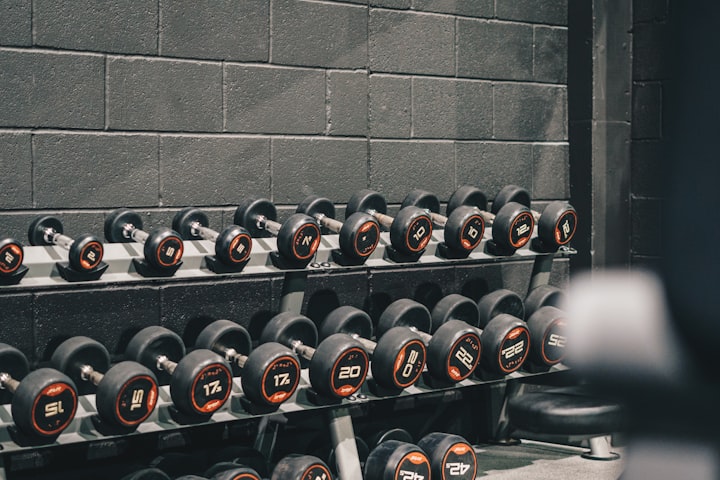How do prolonged periods of sitting affect your fitness regime?
Nowadays, everyone sits. Many people spend a lot of time sitting, whether at work, commuting, or at home. Sitting may appear harmless, but studies shows that long-term sitting can affect our health.

In today's modern world, sitting has become a ubiquitous activity. Many people spend a significant portion of their day sitting, whether it be at a desk job, commuting, or relaxing at home. While sitting may seem like a harmless activity, research has shown that sitting for long periods of time can have significant negative effects on our health.
The human body was not designed for prolonged sitting. Our bodies evolved to move, and sitting for extended periods goes against our biological nature. When we sit for long periods, our bodies become stagnant, leading to a range of health problems.

What are the effects?
Poor Posture
One of the most immediate and apparent effects of prolonged sitting is poor posture.
When we sit for long periods, we tend to slouch or lean forward, putting unnecessary strain on our spine and causing tension in our neck, shoulders, and back muscles.
Over time, poor posture can lead to chronic pain and discomfort, affecting our quality of life.
Cardiac Health
Sitting for long periods also has negative effects on our cardiovascular health:
When we sit for extended periods, our muscles are inactive, and our blood flow slows down.
This can lead to a buildup of fatty acids in our blood vessels, increasing our risk of developing heart disease, stroke, and other cardiovascular problems.
Metabolic Syndrome
Additionally, prolonged sitting has been linked to metabolic syndrome, a group of conditions that increase our risk of developing diabetes, heart disease, and stroke.
When we sit for long periods, our bodies burn fewer calories than when we are active, which can lead to weight gain and obesity.
It can also cause insulin resistance, a condition where our bodies become less sensitive to insulin, leading to high blood sugar levels.
Mental Health
Sitting for long periods also has negative effects on our mental health. Studies have shown that people who sit for long periods are at higher risk of developing:
- Depression
- Anxiety
- Mood disorders
This may be due in part to the fact that when we sit for long periods, we are not getting the endorphins and other feel-good chemicals that are released when we are active.
Cancer
Moreover, prolonged sitting has been linked to an increased risk of certain cancers. Research has shown that sitting for long periods is associated with an increased risk of colon, endometrial, and lung cancer, among others.
While the exact reasons for this link are not entirely clear, it is thought that sitting for extended periods may contribute to chronic inflammation, which is a known risk factor for cancer.
Sleep Quality
A key factor in our health and well-being. When we sit for extended periods, our bodies become less active, and our muscles become stiff and tense. This can lead to poor sleep quality, making it difficult to fall asleep and stay asleep. Poor sleep quality can have a range of negative effects on our health, including decreased immune function, increased risk of chronic diseases, and impaired cognitive function.
Prevention Tips
The most obvious solution is to get up and move around more:
Taking regular breaks throughout the day to stretch or walk around can help counteract the negative effects of sitting.
incorporating regular exercise into our daily routine can help keep our bodies healthy and active.
Ergonomic Solutions
Examples:
An ergonomic chair that provides support for our back and neck can help improve our posture and reduce strain on our muscles.
Using a standing desk or a desk that allows us to alternate between sitting and standing can help keep our bodies active and prevent the negative effects of prolonged sitting.
To wrap up:
In conclusion, sitting for long periods of time can have significant negative effects on our health. From poor posture and cardiovascular problems to metabolic syndrome, mental health issues, and an increased risk of cancer, the negative effects of prolonged sitting are clear. To combat these effects, it is integral to keep your body moving. We must give importance to staying healthy!


